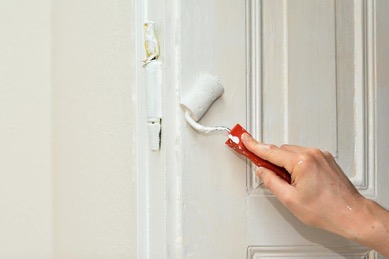
Image: Pixabay.com
Refining and adding extensions to your home could seem like a very costly endeavour, but it’s only a matter of discipline in budgeting and savviness in buying the right tools for the job. If you’re not too sure how you should go about planning a house extension, then you should take a quick look at these few items to make sure that you’re on the right track.
Set a budget limit
Many first-time homeowners make the crucial mistake of having a task list first instead of a budget list. Your extensions are limited to the budget that you have, not the other way around. Homeowners run into the trouble of over-budgeting in their expenses because they have a goal to finish instead of a budget to limit them.
Use cost-efficient materials
One of the best first steps in ensuring that your renovation expenses are kept to a minimum is by looking at cheaper choices for replacements. Flooring is one of the most expensive parts of a home since it takes up about a third of the home’s actual surface area. Not only that, but the installation can be a massive pain if you’re looking to replace your floorboards entirely. Flooring that is a pain to clean such as carpets can prove to be costlier in the long run as they are hard to clean by vacuuming and are an even more significant pain when it comes to washing. Buying vinyl flooring can be a great alternative to traditional wood as it comes in various colours and designs which can save your budget regarding repainting.
If you’re looking to set up a divider or an extension to your home, you can always go for using composite materials to keep your expenses cheaper. Check out websites like www.sipsecopanels.co.uk for SIPs or Structurally Insulated Panels which are composed of composite materials placed in between a structural board that doubles as a great way to improve insulation in your house.
Knowing where to buy these materials can increase your home’s durability while keeping your installation and maintenance costs to a minimum.
Focus on the long-term investment
Making sure that your home can give you a return in the long run means dealing with lots of maintenance work. Doing regular repair or a check-up of your home plumbing, electrical wiring, and checking for cracks in the walls can help you fix any problems before they become out of your control.
A smart way to keep your house sturdy throughout the years is by having a check-up at least once every three months and at least twice at the end of every season. The winter season could make some unattractive changes to your home that you might not notice (mould from moisture and rainfall) which might suddenly creep up on you later on in the new year. Having a well-kept and sturdy home can make a compelling argument for a potential buyer if you put your home on the housing market in the future.
Provided by West Side Tractor Sales, a compact construction equipment rental